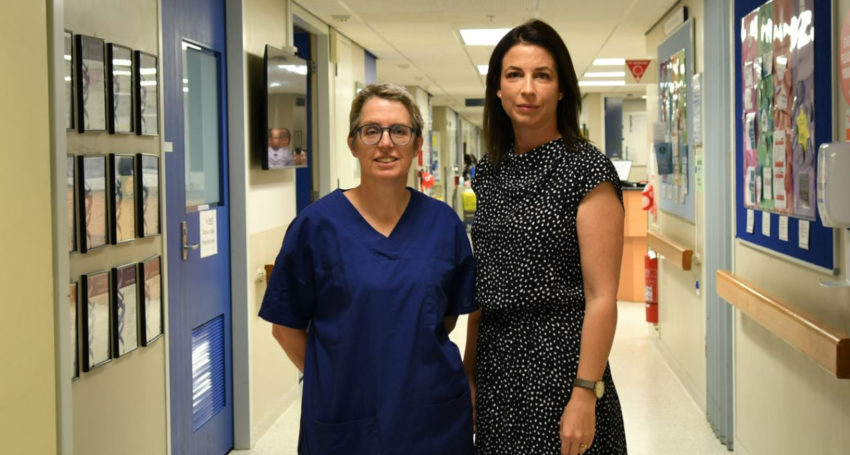Breast reductions deliver better health
Health & Medical
Breast reductions are delivering vital improvements to physical and mental health, according to South Australian researchers, but many women are still barred from the life-changing surgery.

Sign up to receive notifications about new stories in this category.
Thank you for subscribing to story notifications.

Two Flinders University studies show breast reduction surgery maybe well undervalued by health systems that instead have restrictions currently denying many women the chance to change their lives.
A 12-year study compared feedback from more than 200 Australian women before and after breast reduction surgery for the painful condition of breast hypertrophy.
Not only did the research show improvements in all levels of physical and mental health after surgery compared to the general population – but also they exceeded the results of many other common procedures.
Results showed the improvements to physical health compared to other common surgeries approached that of major joint replacement patients and were higher than that of coronary artery and gall bladder surgery.
In terms of mental wellbeing, the effect on women undergoing breast reductions was greater than any other surgeries, Flinders University researcher Tamara Crittenden said.
“Women with oversized breasts were found to have much more pain and physical disability compared to the normal population, as well as reduced mental wellbeing,” Crittenden said.
“When measured again after surgery, the women were found to improve to the same levels as the normal population.
“This represents a huge improvement in pain levels, physical function and mental health, which was found to be sustained for at least a year after surgery.”
The study followed women with symptomatic breast hypertrophy undergoing reduction surgery for 12 months, with a comparison control cohort of women with breast hypertrophy who did not undergo surgery.
Another major finding of the study was that women of all shapes and sizes seeking breast reduction surgery had major benefit.
And this notably included overweight or obese women who in some jurisdictions including Australia, the United Kingdom and the United States could be barred from the surgery.
Associate Professor Nicola Dean, from Flinders University and the Department of Plastic and Reconstructive Surgery at Flinders Medical Centre in South Australia, said the study “found that those women may even benefit more than those who are slim”.
In a separate BREAST-Q patient study, researchers looked in more detail about how women felt about their breasts before and after surgery including their overall wellbeing.
Again, it found women with a higher BMI benefited from the surgery as much as those who weighed less including significant improvements in physical, psycho-social and sexual wellbeing.
“Both of the studies indicate breast reduction surgery is undervalued by health systems, significantly improving health-related quality of life to levels comparable to those in the general population,” Associate Professor Dean said.
“However, in an era of limited health budgets and increased demands for surgery, health care funders and third-party providers place arbitrary restrictions on access to surgery in many jurisdictions including the UK, Australia and the USA.“Some health providers even place a body mass index (BMI) limit on whom can be offered breast reduction.”
Tamara Crittenden is the recipient of an Australian Government Research Training Program Scholarship.
“These SF-36 and BREAST-Q studies did not support withholding breast reduction surgery from obese women,” Crittenden, a PhD candidate, said.
“We found obese participants gain a similar, if not better, improvement in quality of life after breast reduction, despite a slightly higher rate of minor complications.
The studies were supported by Flinders Professor of Surgery David Watson, health economist Professor Julie Ratcliffe and FMC consultant plastic surgeon Philip Griffin.
Jump to next article



